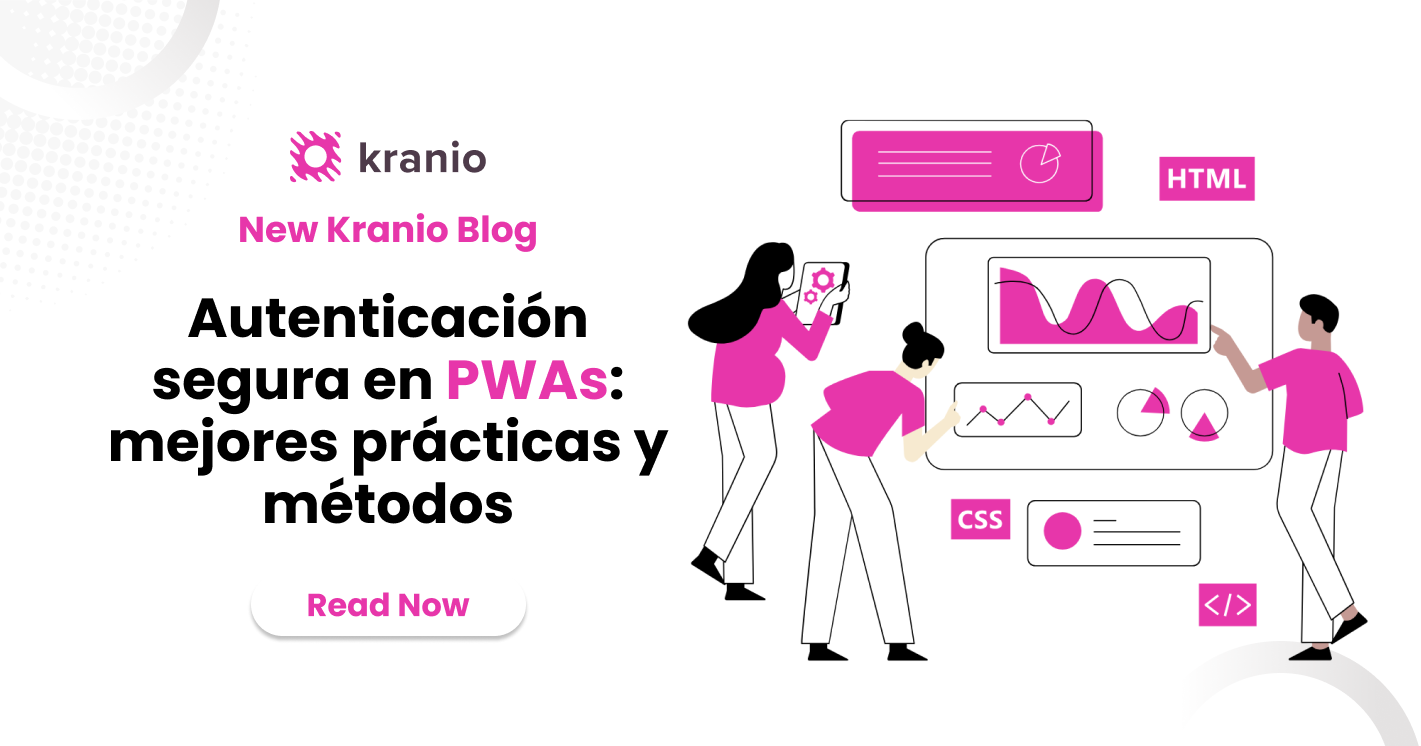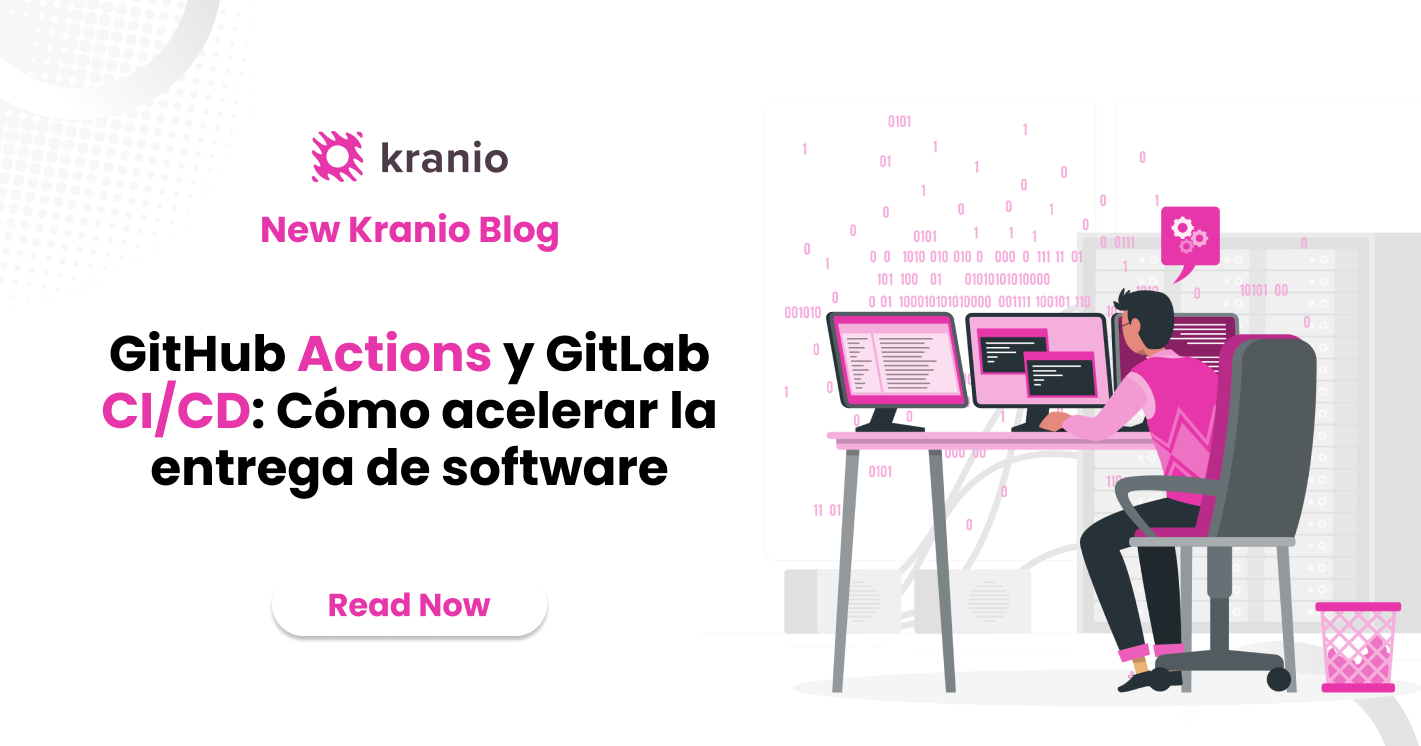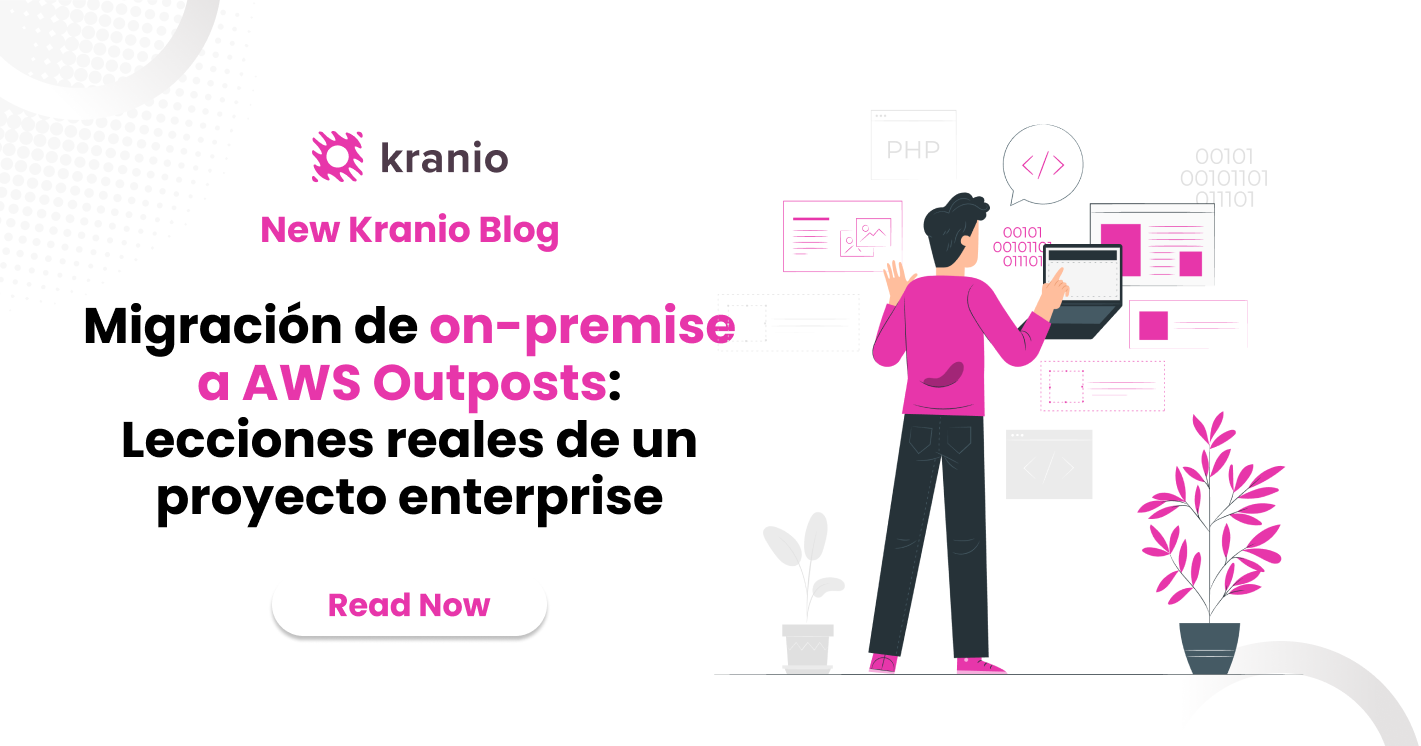Surely you've experienced the frustration of trying to solve a problem with an online assistant, but you're stuck in a “I don't understand your request” loop. This experience leads many to believe that all “bots” are the same. Simple tools designed to answer frequently asked questions.
But what if an assistant could do more than just talk? What if I could understand your goal, create a plan and execute complex tasks for you? This is where the central question arises: Are all bots the same? The answer is a resounding no. We are witnessing an evolutionary leap from chatbots that follow a script to autonomous systems that act. The purpose of this article is to clearly differentiate between traditional rule-based chatbots and new, powerful AI agents, so you can decide what solution your business really needs.
What is a Traditional Chatbot?
A traditional chatbot, also known as guided chatbot, is a program designed to follow a predefined path. It works much like a decision tree with multiple branches or a stage actor who can't get out of his role. If you choose options from a menu or use specific keywords, the bot follows the script that a human has programmed for it.
This structure is predictable, yet incredibly rigid. Any path or question that hasn't been previously mapped by a developer leads to a dead end.
Key Features
• Reactive and Rule-based: They follow predefined rules and can only answer specific questions for which they have been programmed.
• Limited Understanding: They don't really understand language, they only recognize keywords. If a user types “how much do those shoes cost?” , the bot could be lost if it was only programmed for “shoe price”. It doesn't capture context or intent.
• They Don't Learn: Their behavior is static. Today's interaction will be identical to tomorrow's, with the same limitations.
Main ObjectiveThe purpose of a traditional chatbot is answer specific questions and guide the user along a predetermined path. They are very useful for simple, repetitive tasks, such as answering frequently asked questions (FAQs).
The Evolutionary Leap: What is an AI Agent?
An AI agent is a fundamentally different concept. It's not just a question answering machine, it's an autonomous system designed to perceive your environment, make decisions, and act proactively to achieve goals.
While a chatbot responds, an agent acts. It is a system designed to understand a requested task, create a plan to complete it, and execute the necessary actions.
Key Features
Unlike the simple structure of a chatbot, the anatomy of an AI agent is much more advanced and consists of three key components:
- The Brain (Reasoning Engine): It uses a Large Language Model (LLM) as the cognitive core. This brain allows it to interpret the user's intention, understand nuances and, most importantly, create a plan or sequence of logical steps to achieve the goal.
- Memory (Context and Learning): Agents have short-term memory (to remember the context of the current conversation) and long-term memory (a knowledge base that accumulates to improve performance over time). This allows them to learn from past experiences.
- The Tools (Real-World Action): These are the agent's “hands and eyes”. These are the APIs, databases, or custom functions that allow you to interact with the outside world to execute your plan. You can connect to a reservation system, consult a product database or run a diagnosis.
Main Objective
The goal of an AI agent is to solve complex problems and complete tasks from start to finish. He doesn't just talk, he uses conversation to understand an objective and then acts autonomously to accomplish it.
Comparison Table: AI Agent vs. Traditional Chatbot
The difference becomes even clearer when we put them face to face:
%209.03.06%E2%80%AFa.m..png)
Examples of use for Traditional Chatbots
• Response to FAQs: Answer common questions such as “What are your store hours?” , or “Where is my order?” (with a generic answer).
• Initial customer rating: Ask basic questions on a form, such as name, email, and company size.
• Simple reservations: Guide a user to choose a time and day from a menu of available options.
Examples of use for AI Agents
• Freelance travel agent: One user says: “Plan a 3-day trip to the beach for next month with a budget of $1000.” The agent researches flights, compares hotels and books the complete itinerary, optimizing the budget.
• IT Support Agent: An employee reports: “The Internet isn't working.” The agent diagnoses the problem, accesses network systems, restarts the router and confirms the resolution, without human intervention.
• Proactive e-commerce agent: An agent who monitors inventory. Based on current demand and sales forecasts, it proactively manages inventory and automatically places orders with suppliers before stock runs out.
What does my business need?
The choice isn't about what technology is best, it's about what problem you're trying to solve.
Choose a traditional chatbot when your needs focus on low-cost, high-volume, and low-complexity tasks.• If your main objective is to divert frequently asked questions (FAQs) from your support team.• If you need to capture simple leads through a conversational form.• If the conversation flow is 100% predictable and doesn't require flexibility.
Invest in an AI agent when you need to automate complex business processes that require decision-making, proactivity and multiple steps.• If you want the system not only to talk, but to do things (book, buy, diagnose, execute code) .• If the task requires planning and access to external tools (APIs, databases) .• If you are looking for a solution that learns and adapts, solving problems from start to finish.
Conclusion: Looking to the Future
The key difference is simple: chatbots talk, agents do.
While classic chatbots act as guides with a fixed script, AI agents operate as autonomous employees. They understand objectives, create plans and execute actions.
It's no longer just about delegating answers, but about delegating actions autonomously and intelligently. AI agents are redefining automation and business productivity, opening the door to a future where multi-agent systems (teams of specialized agents) collaborate to solve problems that today we consider impossible.











.png)
.png)
